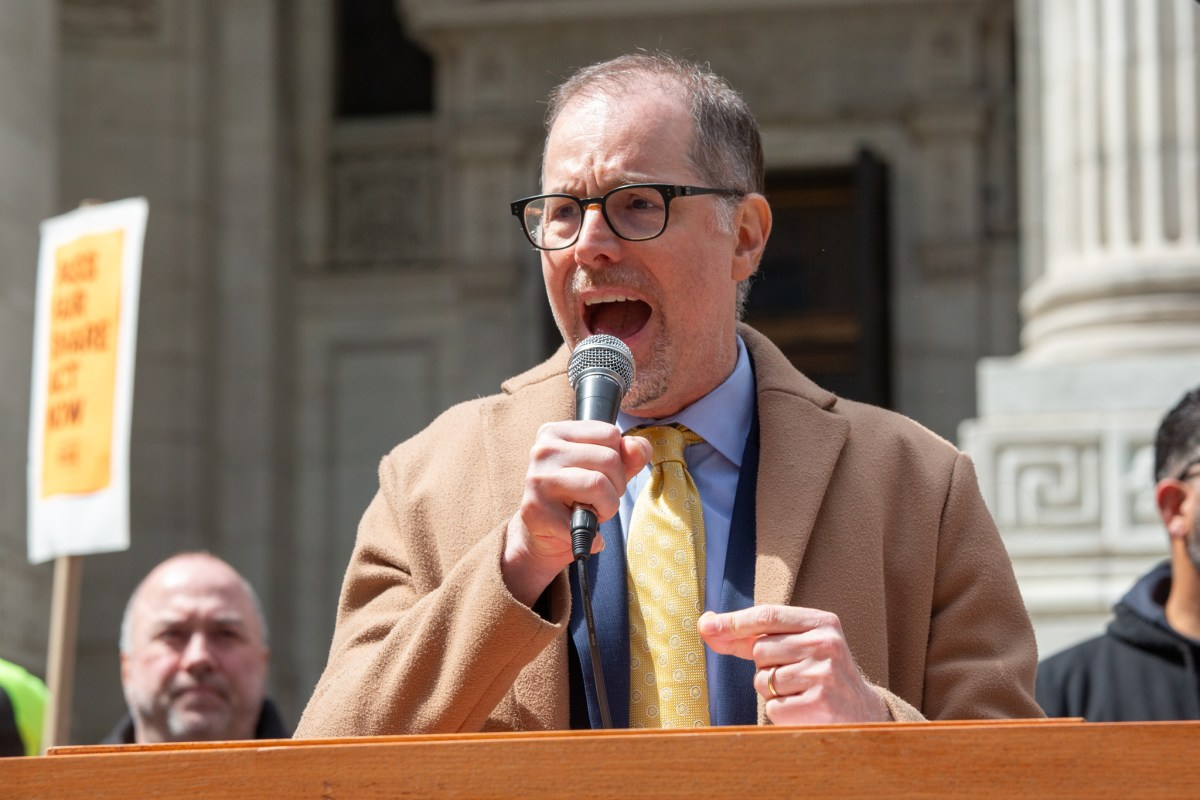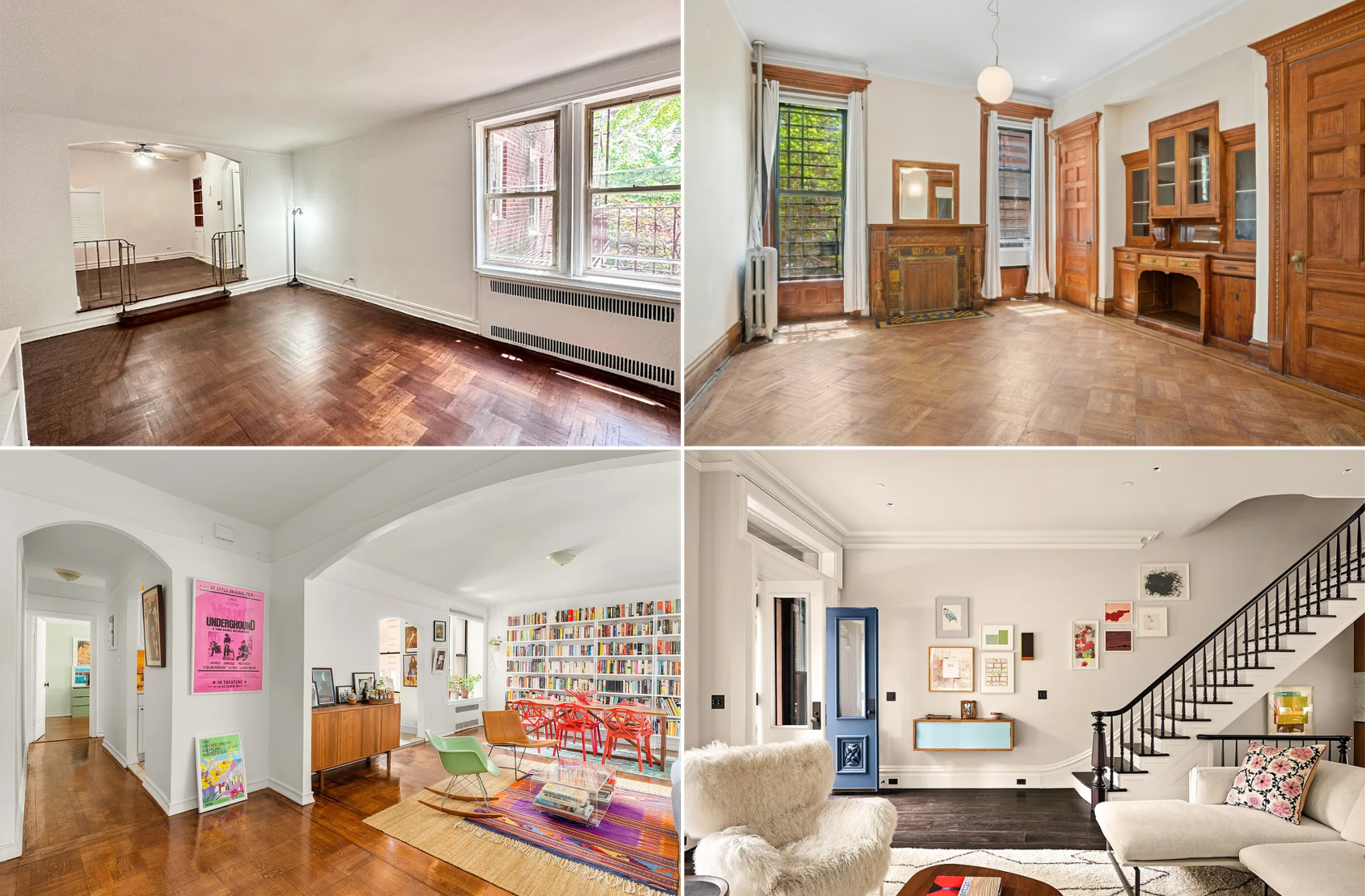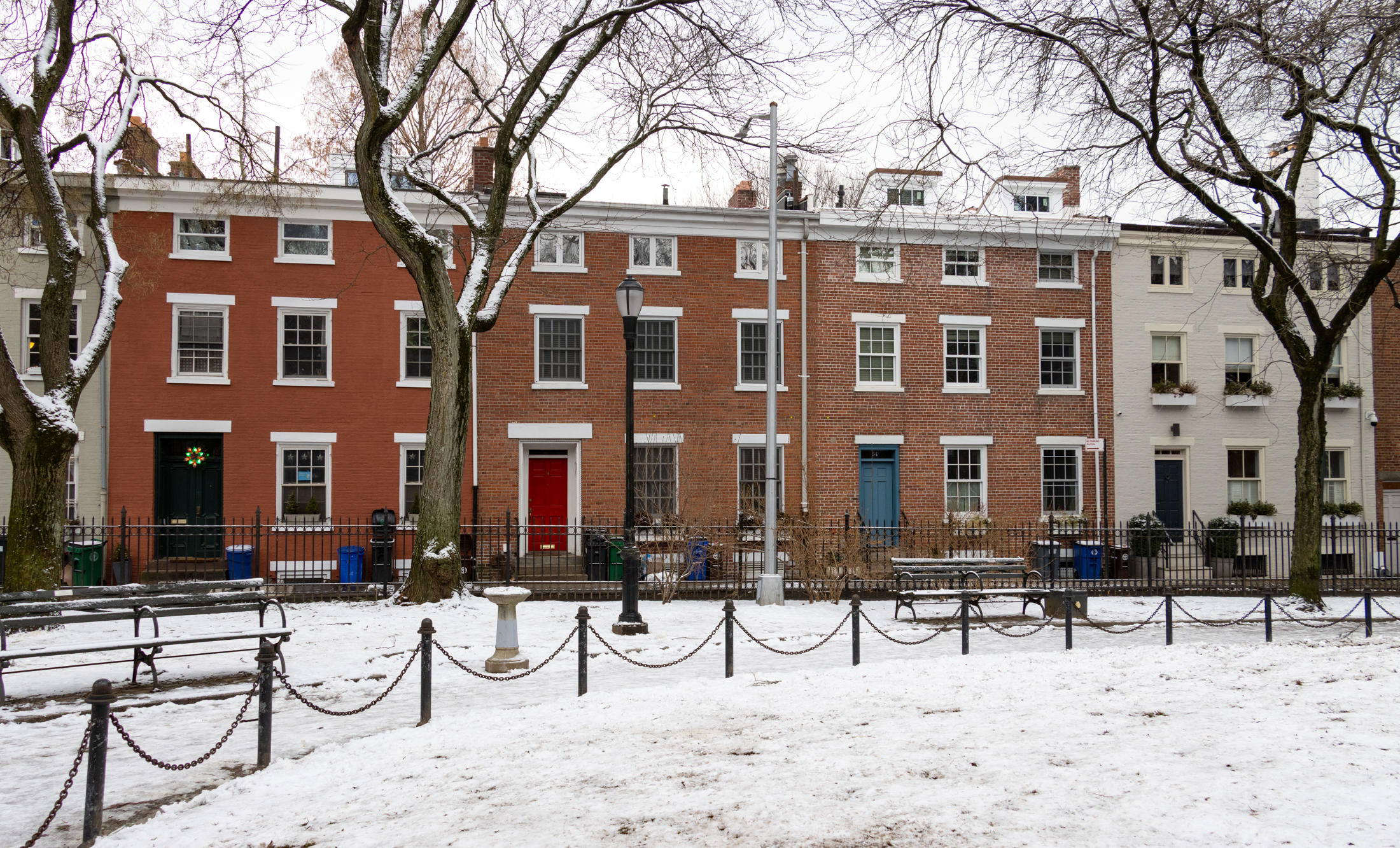Doom-and-Gloom Default Scenarios for ARMs
March 11, 2006 — Millions of Americans who stretched themselves financially to buy homes face a painful adjustment — some could even lose their houses — as monthly payments on adjustable-rate mortgages are reset higher. In the hot housing market of recent years, many households took advantage of “affordability” mortgage loans — heavily promoted by…
March 11, 2006 — Millions of Americans who stretched themselves financially to buy homes face a painful adjustment — some could even lose their houses — as monthly payments on adjustable-rate mortgages are reset higher. In the hot housing market of recent years, many households took advantage of “affordability” mortgage loans — heavily promoted by lenders — that hold down payments for an initial period. Now the initial periods are coming to an end on many of these loans, leaving borrowers to face resets of their interest rates that can cause monthly payments to shoot up between 10% and 50%. More than $2 trillion of U.S. mortgage debt, or about a quarter of all mortgage loans outstanding, comes up for interest-rate resets in 2006 and 2007, estimates Moody’s Economy.com, a research firm in West Chester, Pa. A recent study by First American Real Estate Solutions, a unit of title insurer First American Corp., projects that about one in eight households with adjustable-rate mortgages that originated in 2004 and 2005 will default on those loans.
Millions Face Monthly Squeeze [Wall Street Journal]





I just don’t think that many people are as disciplined or as sensible as you Miguel, which is sad. ARMs have always been useful for people in the right financial situations, such as people who made most of their yearly salary in bonus money. But I just don’t think the proliferation of ARMs (and other non-conventional mortgages) have been to people like yourself.
TW, you provide a perfect illustration of what I was trying to say. With proper discipline, ARMs can be used wisely. I got a Jumbo ARM in ’03 for 4.75% vs. the prevailing +6.00% 30-yr fixed. On a large loan, the difference is a savings of almost $70,000 during the 7-yr fixed period. Assuming I actually have the discipline (I do) to invest that money, I can easily come out ahead. In the unlikely event my rate gets bumped up to the max, I then take those savings and apply it principal reduction. This, plus the fact that I will have amortized a considerable amount of principal during the 7-yr fixed period, will allow me to keep my monthly payments relatively stable even in the worst case scenario. Plus, I will have the option of either sticking with my ARM or refinancing depending on the prevailing environment.
I have no doubt these products are being abused by a few folks, who will regret it. But, that shouldn’t taint the fact that ARMs can be extremely practical in the right hands.
Anon 10:38, allow me to clarify (I was the poster at 10:23). There can be no guarantees in exchanges such as these, as only time will tell where all of this will pan out. But your experience regarding the spread between an ARM and a fixed rate didn’t match mine. The best 7/1 ARM i could find when I bought (3/05), was 5.125%. At that time, the best 30 yr fixed rate was around 6%. The difference in payments was substantial and I have been able to sock away some of the difference each month. Some has gone to much needed home improvements. Some has gone into my pension, which is very tax efficient. Some has gone towards paying down the principal. So i don’t expect to be only 10% ahead when the mortgage adjusts; that’s a minimum assuming I do no more than keep up with my monthly payments.
Yes, of course, the rate environment could be considerably changed when the fixed period ends and that is a risk i have to take. But seven years of savings represent a decent warchest against which to balance the potentially higher rates I’ll face in 2012. Again, come 2012 I’ll be paying attention to the spread between ARMs and the prevailing fixed rate at the time.
While I am sure there will be some folks what will have problems, the proliferation of ARMs is not in and of itself a problem. For some, it is simply one more tool in the mortgage tool box. I have a 7/1 ARM that will start adjusting in 2010 (and I do plan to stay in my brownstone well beyond that period. This has offered me substantial savings over the comparable fixed rate back in 2003 when I refi’d. I will be able to take those savings and put away enough cash, such that if my loan adjusts upwards to the worst possible level, I can mitigate this risk by paying off enough principal to bring the payments back in line with the pre-adjustment payment level – despite the higher interest rate. And, of course, I’ll check out the prevailing rates in 2010 to see if another refi makes any sense.
It’s a bit of a gamble, yes, but difficult to see how I can lose on this one. I retain the optionality on a low rate in the event rates remain relatively stable, yet am able to significantly mitigate the risk that rates rise.
It may doom and gloom t, but on the other hand of only 1 in 20 of ARM users runs into trouble, that would have a huge effect – in the end into prices and may kill people how are speculating (and betting their house) on gains from selling for a profit).
The nice thing about econimics is that everything is related and it is just a question on what to emphasize….
Also agree that doom-and-gloom overstated.
Many reasons for people getting variable rates. Some finance 80fixed and 10variable. Some don’t plan on owning for long period.
Article points out worst case scenarios….but what are these people adjustment caps? what rate are they paying currently if initially took out loan 3 or 5 years ago? may not be different than todays rates.
I agree with the other posters and homeowners who believe the doomsday scenario is severely overhyped.
It’s very possible that 5/1 ARM rates will stay affordable even if fixed rates rise.
So those who are floating tales of woe may be assuming people will want a 30 year fixed mortgage when their intro rate expires.
Especially if you have a decent financial situation, i don’t see why anyone would want to pay more for a 30 year fixed. . .you are just cheating yourself.
Cool plan 10:23 AM!!!
You may reduce your mortgage payments by 10% (as the principal decreases) and pay easily 20% to 30% (really guess here as I don’t know your current rate and my crystal ball for future interest rates is out of order right now) more on that principal.
I really don’t get it. When we looked at this the arms out there may have saved us
around 50bp for the first few years compared to historically low rates, but with a potential penality of 200bp to 300bp down the road.
We decided to short-term benefit was not worth the potential big risk down the road. Even if 10% interest rate enviroment may only have a 5% chance of happening (making up scenarios here) that is to high in my eyes to bet our house on it.
Yes, you may refinance, but do you think the initial ARMs inital rate will not go up?
Things are different for people who expect to considerable pay additional principal.
I have a 7/1 ARM that is Interest Only. I know! I had my last place with an 7/1 regular ARM and sold it within 3 years having paid down next to nothing (about 15k). When we were closing, I made some calculations and realized how much better we would have made out with an IO. So that’s what we’re doing this time.
I also put down about 50% so it’s not like I don’t have the money or the income. But if you plan to move in the next 4-5 years – like most people under 40 in nyc – then it can make sense. And a 4.25% loan makes a lot of sense when ING will be paying me that by next summer.